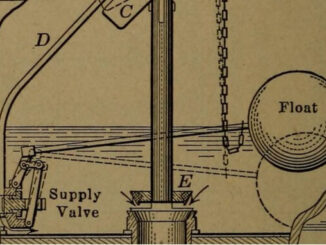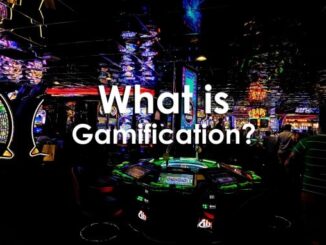
Play, games and gamification have been used by countless organisations to increase employee engagement. This shouldn’t come as a surprise of course as employee engagement has been proven to improve employee productivity and efficiency, reduce employee turnover, retain customers, and generate profits. An engaged employee is said to be someone who is fully absorbed by and enthusiastic about their work and so takes positive action to further the organization’s reputation and interests. So how can playfulness at the workplace improve employee engagement? The answer lies in the source of engagement – motivation. People are usually highly motivated when they are engaged in any form of play, sometimes to the point of addiction. So, to properly engage employees, it is important to understand what motivates them to begin with. Motivation can be broken down into two distinct types: extrinsic and intrinsic motivation. When a person is extrinsically motivated, their behaviour is motivated by an external factor pushing him/her to do something in hopes of earning a reward or avoiding a less-than-positive outcome. On the other hand, when a person is intrinsically motivated, their behaviour is motivated by their internal desire to do something for its own sake. Among the two types, most would agree the latter is the best form of motivation. In fact, when we consider play, there is usually no extrinsic reward involved yet players are deeply engaged. However, if we look at the foundation of today’s world, most of it is built on extrinsic motivation.
Since the industrial revolution, organisations have relied on extrinsic rewards to motivate employees in hopes of boosting employee productivity and combating inefficiency. Many organisations believe in a fair day’s pay for a fair day’s work and that any employee can be motivated if the pay was high enough. However, the world is becoming increasingly complex and it will take more than just large pay checks to drive real motivation. In fact, these rewards often impaired motivation and took the joy out of doing tasks which in turn can cause performance to suffer, foster short-term thinking, and sometimes even encourage unethical behaviour and cheating. So why does intrinsic motivation drive us so much? The answer lies in autonomy.

Autonomy means acting with choice, be it choosing when to go to office, how to solve a problem, and how to play. Having a sense of autonomy has a tremendous effect on individual performance and attitude. It promotes greater conceptual understanding, better grades, enhanced persistence toward challenges, higher productivity, less burnout, and greater levels of psychological being. In other words, autonomy involves creating an environment where people can make their own choices freely, which is something immersive Play excels in. Play is one of the best ways to experience autonomy in different forms, such as an open world environment that a player can explore for hours on end, or a puzzle that a player can solve in a multitude of ways. Even if there is no clearly defined goal, players can still be fully engaged and motivated during play if there is sufficient autonomy involved, such as sandboxes like Minecraft and LEGO.
Of course, it does not always mean something must be designed to be game-like for it to be engaging. For example, an organisation can increase employee engagement by providing their employees with freedom to choose how to approach their work and even where to work from. Organisations should avoid creating more linear processes for their employees to comply to unless absolutely necessary as this would only dampen employee motivation and engagement. Autonomy leads to engagement, and only through autonomy can we truly reach our full potential and achieve mastery in a particular field.
- How Play Leads to Engagement - 11th March 2020





Be the first to comment